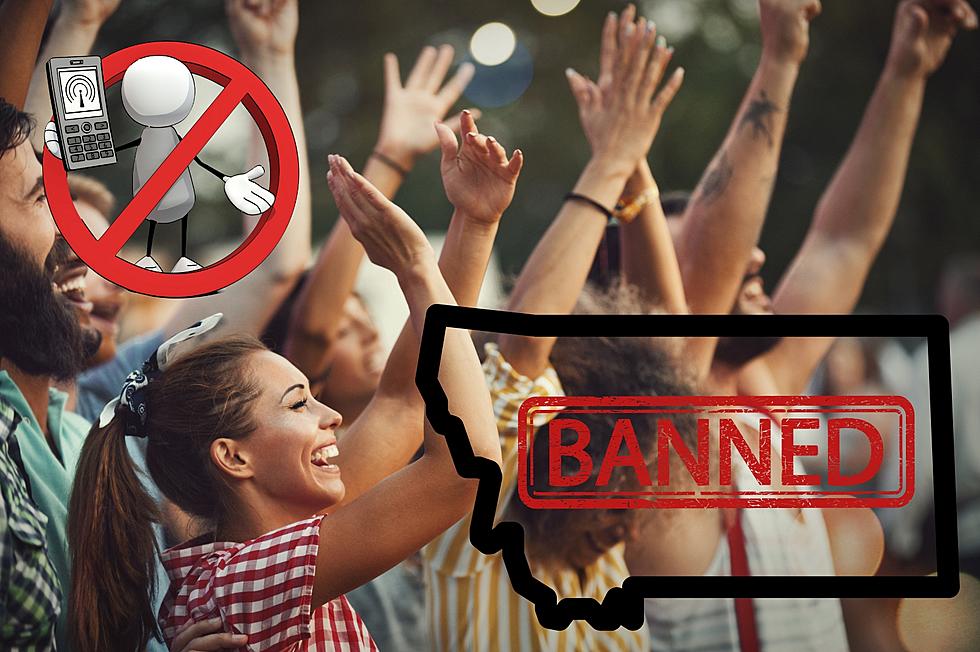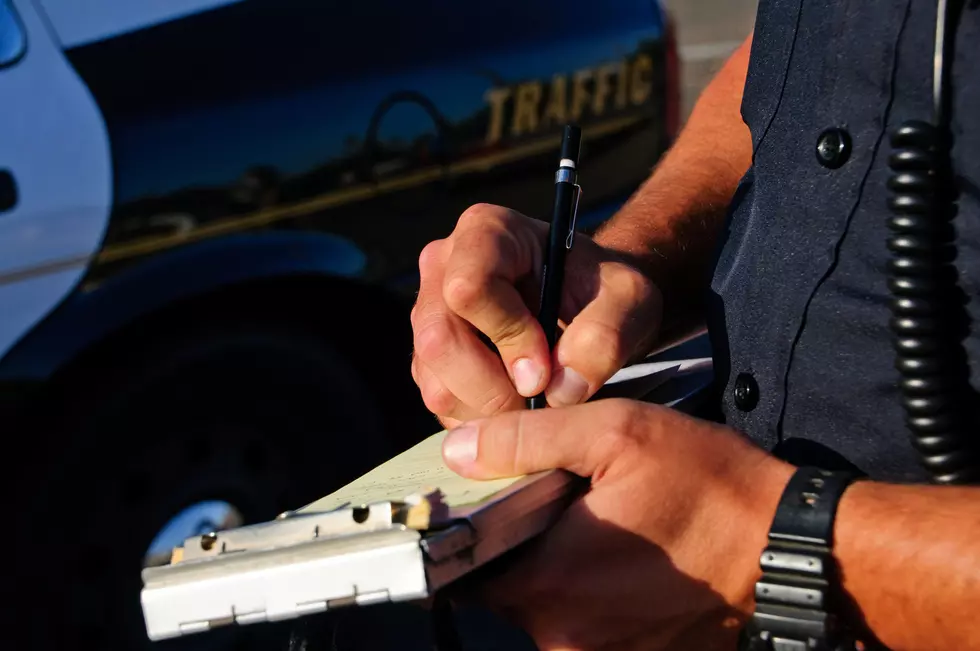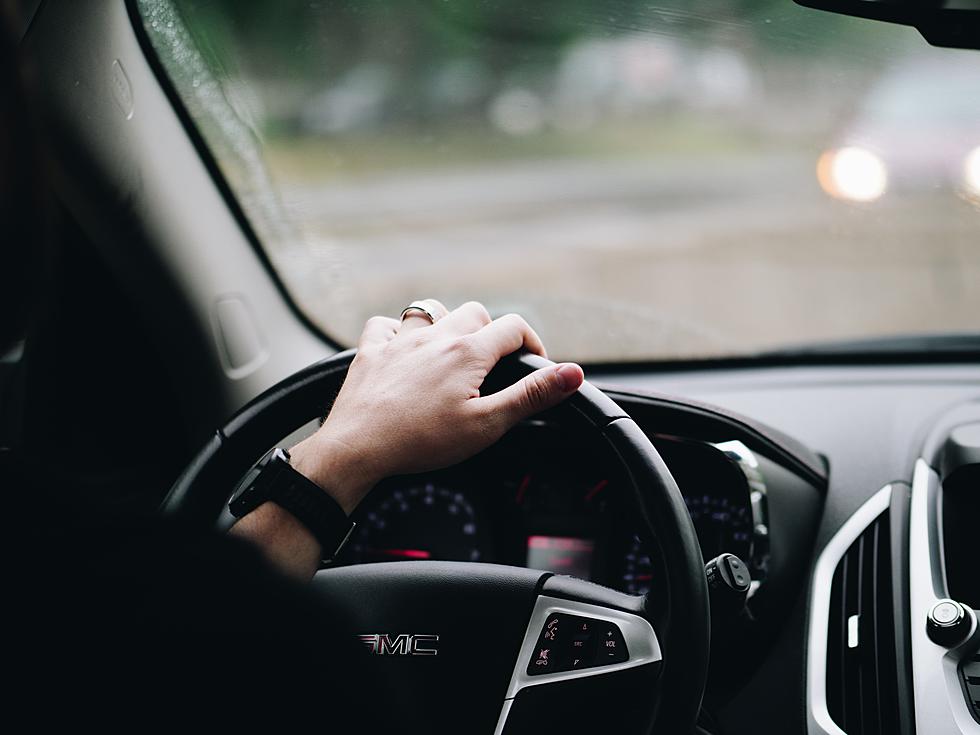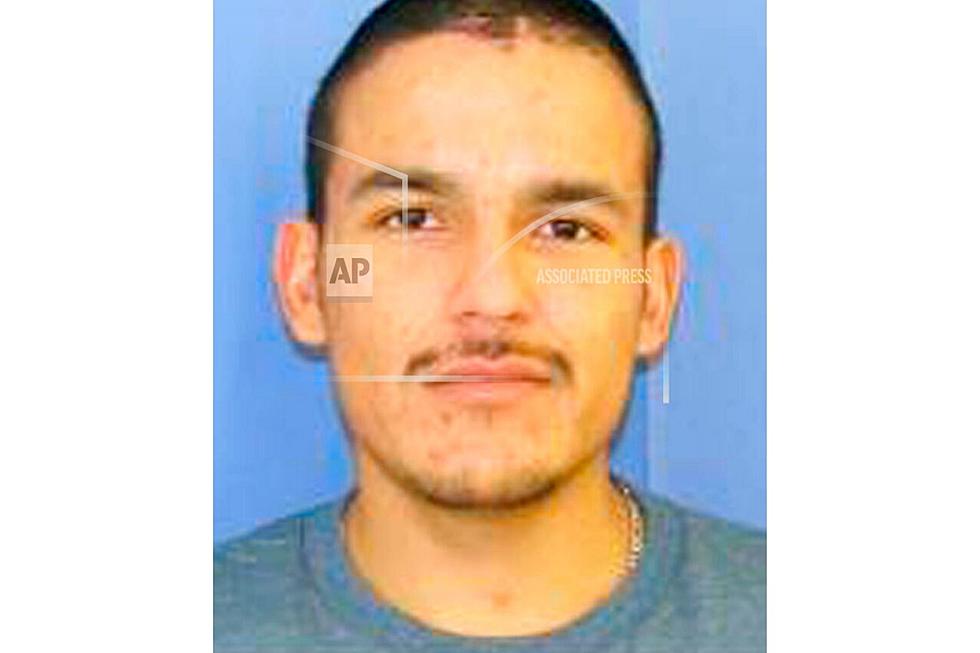
I’m With Apple On This One
Laws are funny things. Those written with good intentions are sometimes the very ones that tie our hands.
Such a law is the right to privacy set forth in the Fourth Amendment to the US Constitution that says,
"[t]he right of the people to be secure in their persons, houses, papers, and effects, against unreasonable searches and seizures, shall not be violated, and no Warrants shall issue, but upon probable cause, supported by Oath or affirmation, and particularly describing the place to be searched, and the persons or things to be seized."
Secure in Their Effects
The case at hand concerns the FBI and the Apple Computer Company. An Apple company phone was in the possession of the two people responsible for the San Bernardino mass shooting on December 2, 2015.
The FBI would like Apple to use its proprietary technology to open the phone and disable any programming that might erase the information contained on the phone.
How does the Constitution, written long before telephones and even longer before cell phones, fit into this investigation?
The key word to my mind is the definition of the word effects.
At the time the Constitution was written, if I were a suspect in a crime, authorities could request a search warrant to look through all the drawers in my desk.
But, by today’s legal measure, wouldn’t my cell phone be just another hypothetical drawer in my desk?
I have my phone numbers on my phone, alone with photos, emails, and other correspondence.
Part Two of the Fourth Amendment
The last portion of the Fourth Amendment talks about the place of the search, which would be the phone itself, wherever it happens to be.
And the second part that says the reason for the warrant describes what the authorities are looking for and what will be seized.
Since they have no idea what is, or is not on the phone, it seems we might be in some very deep weeds here.
Other recent developments have come to light claiming there are several other Apple phones that have significant interest to law enforcement.
Apple CEO Tim Cook has decided that, like it or not, they are not going to open the phone for the FBI.
In this case, I side with them.
I realize there could be info on that phone about future attacks or others who might be involved that somehow slipped under the FBI’s radar.
But if the courts allow this Pandora’s box to be opened for a single incident, then the precedent is set to redefine other privacy boxes in the future.
Some Final Thoughts
Our right to free speech and the right to privacy are two of the most valuable freedoms we still have in America.
But even those two have their limitations. I can’t yell "fire" in a crowded theater. And a valid search warrant will allow police into my home with or without my consent.
So Apple might be forced to comply with the wishes of the FBI regardless of their political or personal beliefs.
What are your thoughts? Should Apple hold their ground or acquiesce to the wishes of the FBI?
Comments below
More From KMMS-KPRK 1450 AM









